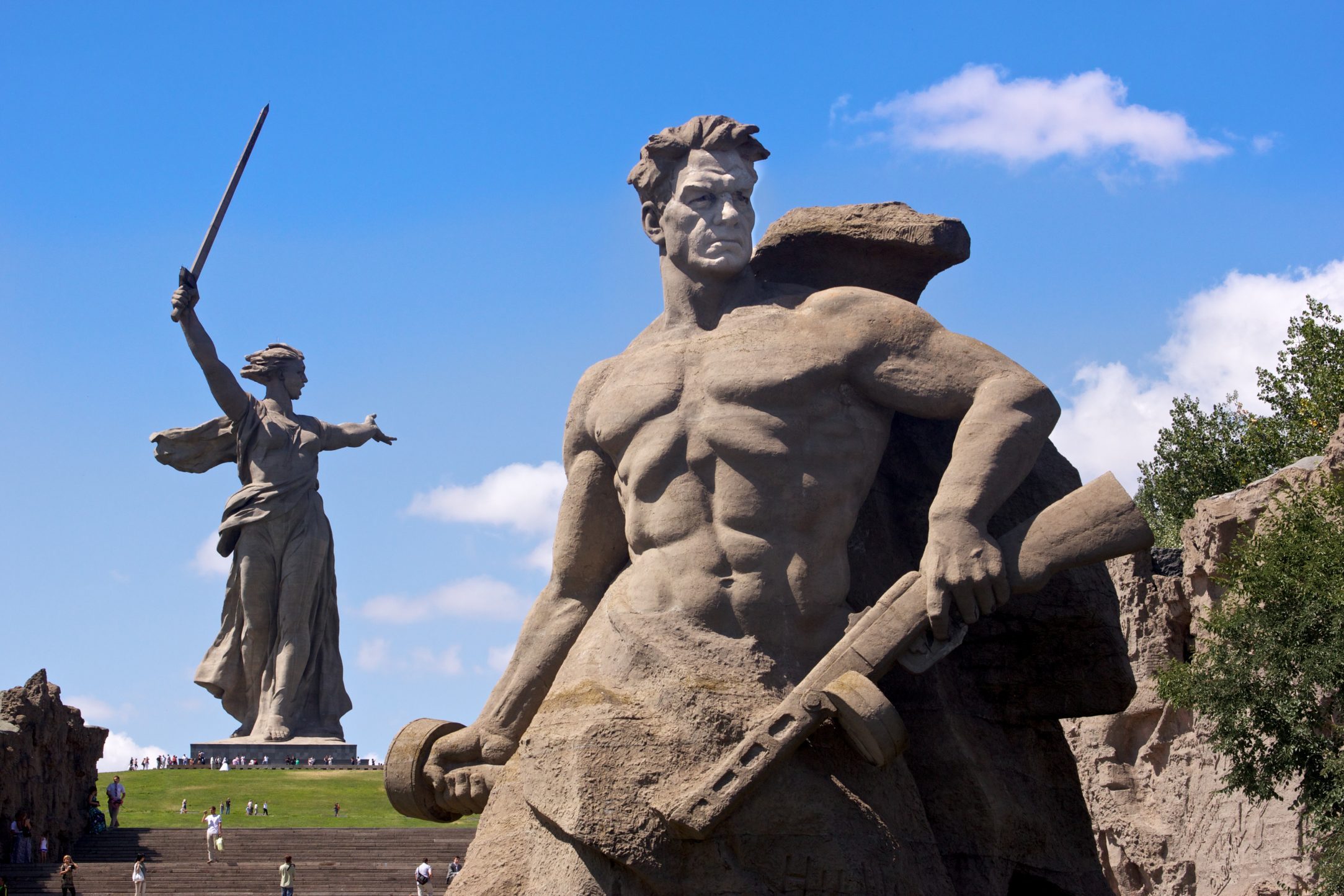“Силовики подорвались на ноутбуке-ловушке от информатора” (“Siloviki blown up on a laptop, an informant’s trap”) says a headline from the Samara region in Russia. “Российские силовики закупают оборудование для взлома любых моделей iPhone” (Russian siloviki buy the software to hack any existing iPhone”) reports BBC Russian Service. “Siloviki admitted using Tasers against detained anarchists,” we read in the latest report from Saint Petersburg, my hometown; “They said it was a ‘ministerial duty’ not torture.”
The Russian word siloviki (sing. silovik) can be translated as “strongmen,” but although it’s a term much beloved by #Russia experts, the English doesn’t quite capture the culture behind it. (To be a Russia expert, of course, you don’t need to speak a word of Russian; all you need to do is tweet “we must take action” every hour or so.) The siloviki class has a specific place in Russia’s extreme wealth inequality: short for the “silovyie structuri,” it stands for “security forces,” or perhaps “security apparati” would be a better term. But the word “apparatus” is necessary in the English to clarify and underscore something that you can take for granted in Russian, where siloviki is used casually, universally understood, even by the siloviki themselves. The word “securocrat” describes a similar kind of security elite in South Africa and Zimbabwe, but while it captures the basic meaning, it implies a critical distance. A securocrat would never describe himself as such.
“Siloviki” are like an estate of the realm, a political class, or caste, a vast group of people who are allowed to do things that the common folk simply cannot. Siloviki can interrogate people or conceal and carry firearms, for example; if they can do this in the name of the state, in theory, they often do it for personal gain in practice. Recent news from Russia’s Nizhniy Novgorod region illustrates this caste dynamic well: the region’s Federal Penitentiary Service office recently announced the creation of a special prison designed specifically for former prosecutors, judges, and police officers. Senior siloviki readily admit the castist dynamic; in a 2007 op-ed, Federal Drug Control Service’s chief Cherkesov called various Russian security services “a corporation,” “a professional estate,” and then quoted someone else referring to them as “a caste.”
(Of course, as nobles of the sword, siloviki not only enjoy privileges, they also have unique obligations and restrictions. In 2014, when Russia’s annexation of Crimea calcified its feud with the West, the Russian Minister of Interior suggested its police avoid foreign travel. To enforce his orders, policemen and public prosecutors in Moscow and other regions were ordered to forfeit their passports to supervising officers.)
I’ve seen ICE agents compared to Russia’s siloviki, but to make that comparison accurate, everyone in Russia—except for the siloviki themselves—would have to be undocumented; the comparison makes sense if everyone else in Russia is understood to be an “illegal” waiting to be apprehended. At the last apartment I rented in Moscow, I had multiple disagreements with my neighbor–a bald father of two who would yell at his wife while in the apartment and call his mistress while he smoked on the stairwell–but I chose to love my neighbor; I embraced the commandment because I’m a good Christian, but also because my neighbor was related to a silovik who once told me that if there were complaints, I could be driven into the woods and buried under the pines.
(Driving people “into the woods” is a real fetish: in 2012, Gen. Alexander Bastrykin, the Investigative Committee chief (and thus a top silovik), used his guards to drive a journalist into the woods and threatened the person’s life.)
Russians know that the siloviki could come for them at any time, and not necessarily because the presidential administration ordered them to. When they came for Kirill Serebrennikov, one of Russia’s most prominent theatre directors, Vladimir Putin called the siloviki “idiots.” But, eleven months later, Serebrennikov is still under house arrest for alleged embezzlement. As with ICE, any evidence is enough: the siloviki jail people for Facebook “likes” and reposts on social media. Once the siloviki are looking into something, there will be arrests and convictions no matter what they find. When I served at Esquire Russia (from 2014 to 2016), we started noticing that news about scientists arrested for “divulging state secrets” started appearing on a regular basis; an investigation by one of Russia’s most prominent reporters, now BBC Moscow correspondent Olesya Gerasimenko, showed that there was no particular reason or centralized effort behind this. In most cases, jailing a “traitor” simply proved an easy way for a young FSB officer to climb up the ranks.
The ambiguity of the siloviki’s paralegal status leads to inevitable confusion, of course. In February, one of the biggest news stories in Russia involved 882 lbs of cocaine worth $62 million that were found in the Russian embassy in Buenos Aires. The story dates back to 2016, when the embassy first secretary Oleg Vorobyev befriended a Russian businessman; when the businessman asked to leave his suitcases at the embassy, the secretary agreed. When Vorobyev later found the suitcases suspicious and reported them to the ambassador–and the cocaine was discovered–he was asked: why on earth would a businessman with no official tenure be allowed to store his personal belongings at the embassy? But a counsel for an embassy official explained: oh, the guy seemed like “a high-ranked silovik.”
***
Tour of Babel is a regular Popula column, in which we translate the world’s words that can’t be translated, the phrases and expressions that don’t travel (but that also, it turns out, do).





